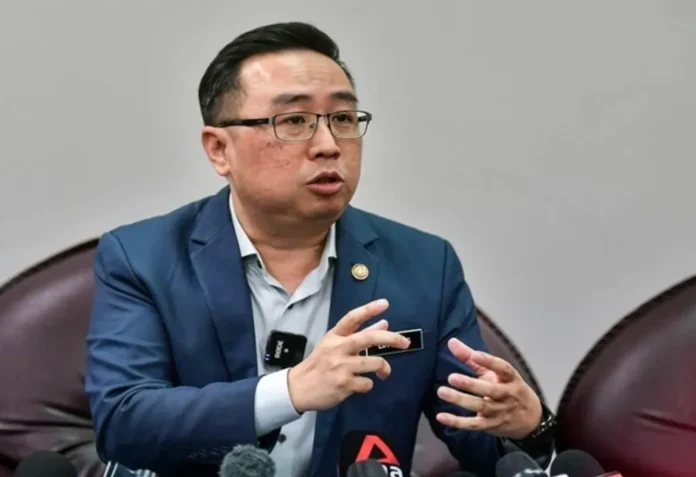PUTRAJAYA: Malaysia’s head start in rare earth processing technology ensures that the nation’s mineral sovereignty remains protected, even amid trade agreements with major powers, said Science, Technology and Innovation Minister Chang Lih Kang.
He said Malaysia’s advantage in the sector stems from its pool of local talent and abundant natural resources, including rich deposits of ion adsorption clay.
“I think everyone knows this industry and ecosystem is very important, especially in the current geopolitical situation. That is why we’re convening this programme to let all the stakeholders connect and talk about the ecosystem and technology behind this.
“And of course we have the advantage of talent and also a great deposit of ion adsorption clay in Malaysia,” he told the media after officiating the Seminar on Exploration, Thorium and Rare Earth 2025 here today.
Chang said the government’s moratorium on raw material exports reflects Malaysia’s commitment to developing its midstream and downstream industries, instead of focusing solely on raw material extraction.
“So I think this is a good start, especially since we cannot have one country controlling all the resources in this world. That will create vulnerabilities in the global supply chain. So this is what we are starting to do in Malaysia,” the minister said.
He noted that China currently controls about 70% of global rare earth processing capacity, adding that Malaysia is working with various partners, including those from China and other countries, to strengthen its own processing capabilities.
“So we think it is a strategy for us to develop our processing capacity as well,” he said.
On technological sovereignty, Chang said it refers to Malaysia’s ability to build its own technological capacity without over-reliance on any particular nation.
“So in Malaysia, when we say we explore collaboration with foreign partners, we are also looking at developing our technology capacity. That is why our collaboration needs to have a technology transfer and also talent development,” he said.
Chang said the recently signed memorandum of understanding (MoU) between Malaysia and the United States on rare earth elements also promotes openness and transparency, with no restrictions placed on any company or country.
He said the clause in the agreement aims to encourage fair access and cooperation, rather than imposing limitations on specific nations or firms.
“So with that clause in the agreement, well, I don’t see any restriction on Lynas or any other companies because that clause is actually to promote openness,” he said.
Asked whether the MoU affects Malaysia’s sovereignty, Chang said the agreement does not compromise the country’s position, as its implementation depends on local production capacity.
“If they say they want more, but we can’t produce more, then we can’t help,” he said.
At the 47th Asean Summit and Related Summits last Sunday, Malaysia and the US signed a comprehensive agreement to strengthen bilateral economic ties, expand market access and enhance supply chain resilience.
Through the agreement, Malaysia agreed to provide greater preferential market access for US industrial goods. Malaysia also agreed not to impose any bans or export quotas on essential minerals and rare earth elements to the US. – Bernama








